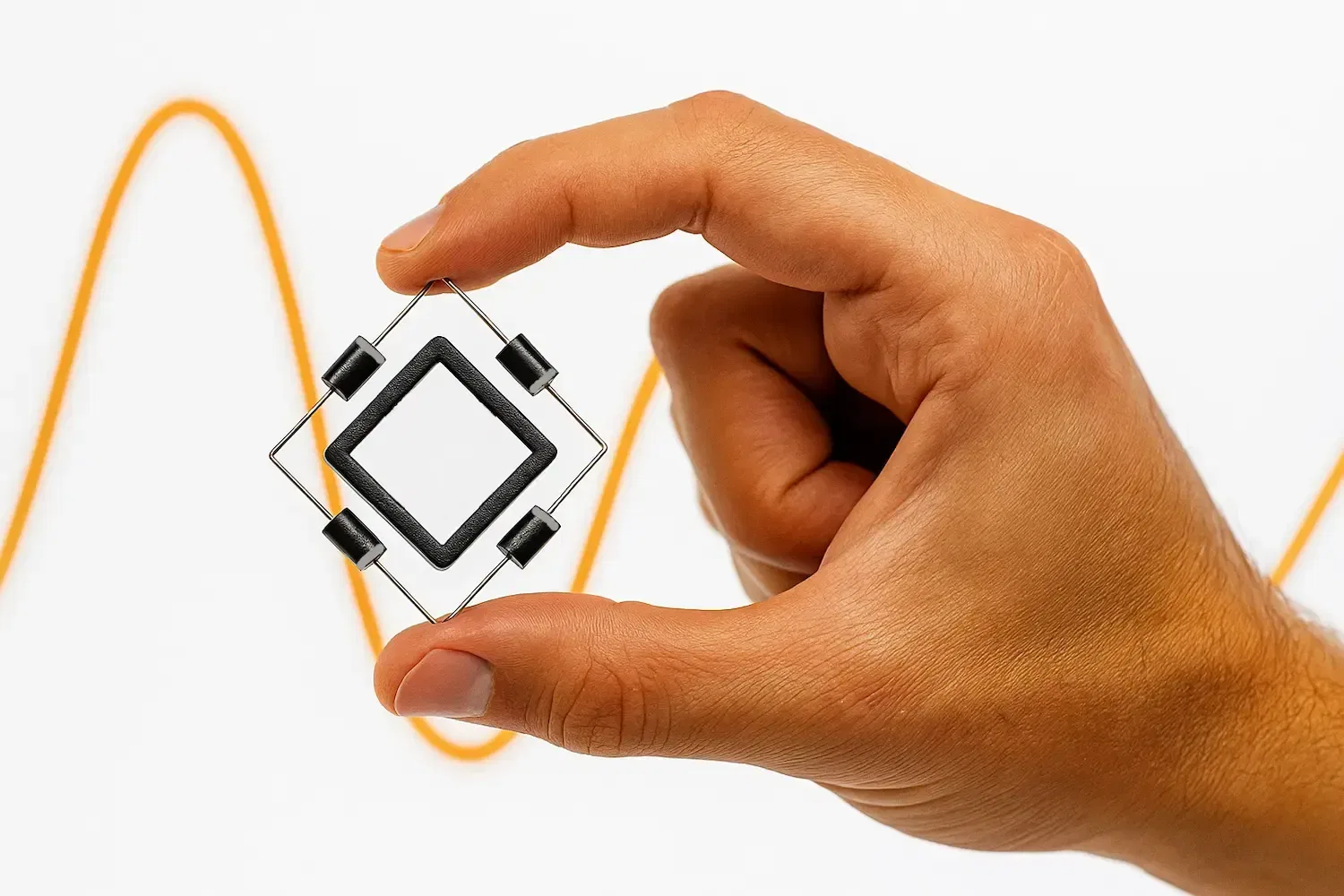Explore the World of Electronics

The Importance of Learning Electronics
In today’s rapidly advancing world, electronics has become a cornerstone of modern technology, shaping everything from communication to transportation, healthcare, and even entertainment. Learning electronics is not just about understanding circuits and components—it’s about gaining a skill set that empowers innovation, problem-solving, and creativity.
Understanding How the World Works
Electronics is all around us, embedded in devices we use daily like smartphones, computers, and appliances. By learning electronics, you gain insight into how these technologies function, enabling you to better understand and interact with the modern world.
Developing Problem-Solving Skills
Working with electronics involves identifying problems, troubleshooting, and finding creative solutions. These critical thinking skills are invaluable in both technical fields and everyday life, fostering a mindset of persistence and innovation.
Unlocking Career Opportunities
Electronics is a foundational skill in fields like engineering, robotics, artificial intelligence, and IoT (Internet of Things). Learning electronics can open doors to exciting career paths in high-demand industries, providing both job security and opportunities for growth.
Building Your Own Projects
Learning electronics empowers you to create and customize your own projects, from simple LED circuits to complex robotics. This not only brings a sense of achievement but also enables you to contribute to the world by solving real-life problems through innovation.
Recently published topics:
Learn how stepper motors work, their internal structure, types, and real-world applications in robotics, CNC machines, and 3D printers. Ideal for engineers, makers, and hobbyists.
Explore how load sensors work, their types, and how to use them in DIY electronics, Arduino projects, and weight measurement applications
Discover how ultrasonic sensors work, their accuracy, and where they're commonly used in electronics and robotics. Learn about applications, limitations, and practical tips for using them in your projects
Explore the theory, design, and practical applications of the non-inverting operational amplifier. Learn how it works, how to calculate gain, and where to use it in real-world circuits.
Learn how diodes are used as rectifiers in electronics. Understand half-wave and full-wave rectification with real examples and practical insights for beginners and hobbyists
Discover how piezo buzzers work and how to use them in your electronics projects. This guide explains their function, wiring, and applications as sound emitters and sensors.







